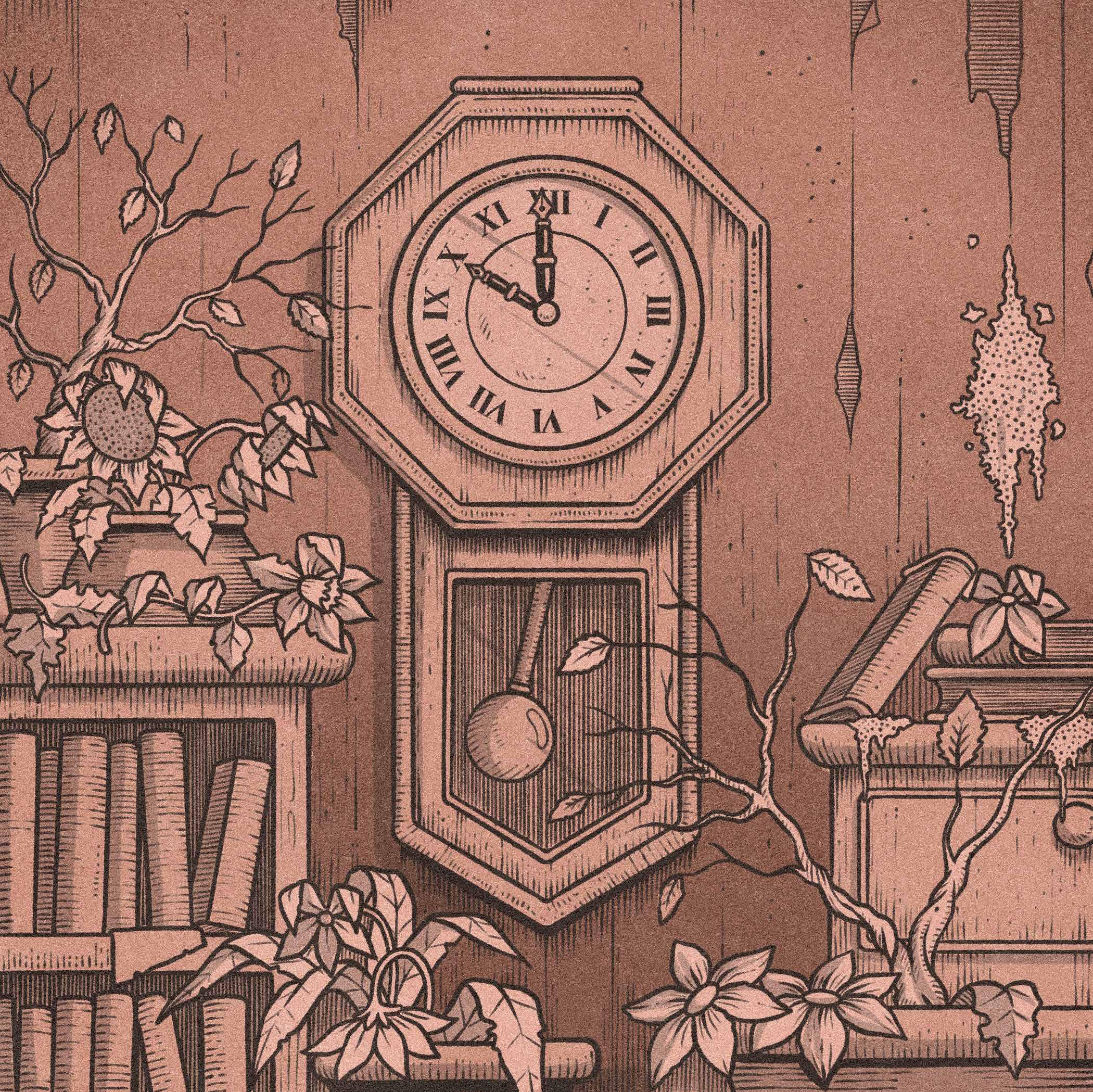試す 金 - 無料
Who is to Blame?
The Caravan
|February 2023
The climate crisis and Amitav Ghosh

IN FEAR AND TREMBLING, Søren Kierkegaard sets out a philosophical category that he calls "the interesting": "a category that especially today (just because we live... at a turning point in human affairs) has acquired great importance, for really it is the category of crisis." In this lies its paradox. An interesting life-like that of Socrates-is a life of inward pain and trouble. The crisis is psychological, for it impels the sufferer to reevaluate ideas other people take for granted. Its origins, however, lie in the world around us-if it did not change, there would be no need to change our ideas at all.
There's little doubt that climate change denotes a turning point in human affairs, albeit one that Kierkegaard could scarcely have envisaged. Generally speaking, our first reaction to a crisis is to talk about it. War is a useful analogy, for even the threat of war drowns out all other conversations. A whole forest of expert commentary has grown up around climate change-but as we move outside this thicket, it fades into indifference. Most people pass by it with the equivalent of a mental shrug. It unsettles them but fails to unsettle their ideas in that lies its paradox.
The basic mechanism of global warming was expounded by Svante Arrhenius in 1896. In 1957, Roger Revelle and Hans Suess showed that seawater was incapable of absorbing all the carbon dioxide generated by burning oil and coal-therefore "the increase of atmospheric CO₂ from this cause... may become significant in future decades if industrial fuel combustion continues to rise exponentially." Which it did, inevitably. The first measurements of atmospheric carbon dioxide commenced from 1958. The conceptual and technical tools of the earth sciences were slower to develop: it is only with advanced computing techniques that climate modelling becomes possible.
このストーリーは、The Caravan の February 2023 版からのものです。
Magzter GOLD を購読すると、厳選された何千ものプレミアム記事や、10,000 以上の雑誌や新聞にアクセスできます。
すでに購読者ですか? サインイン
The Caravan からのその他のストーリー

The Caravan
Dim Views
Punjab's new media suffers from old problems
22 mins
February 2026

The Caravan
ON FIRM GROUND
The civic struggle against uranium mining in the West Khasi Hills
6 mins
February 2026

The Caravan
DANGEROUS LIAISON
Why India enabled Israel's genocide in Gaza
44 mins
February 2026

The Caravan
Platform for Change
A women-led union gives voice to India's gig workers
6 mins
February 2026

The Caravan
NARAVANE'S Moment of Truth
An army chief's unpublished memoir exposes how the Modi government spun the China border crisis
44 mins
February 2026

The Caravan
A Brief History of the Slap
How Telugu cinema's heroes turn violence against women into romance
9 mins
February 2026

The Caravan
FACE PALM
Why the Congress keeps losing elections
33 mins
January 2025

The Caravan
The Great Transformation
Challenges facing independent news outlets in the digital age/Media
6 mins
January 2025

The Caravan
The Mob Comes for Film Critics
Dhurandhar and the manufacture of a national consensus
11 mins
January 2025

The Caravan
Memories Are Made of This
FOOD IN DALIT AND ADIVASI WRITING
15 mins
January 2025
Translate
Change font size
